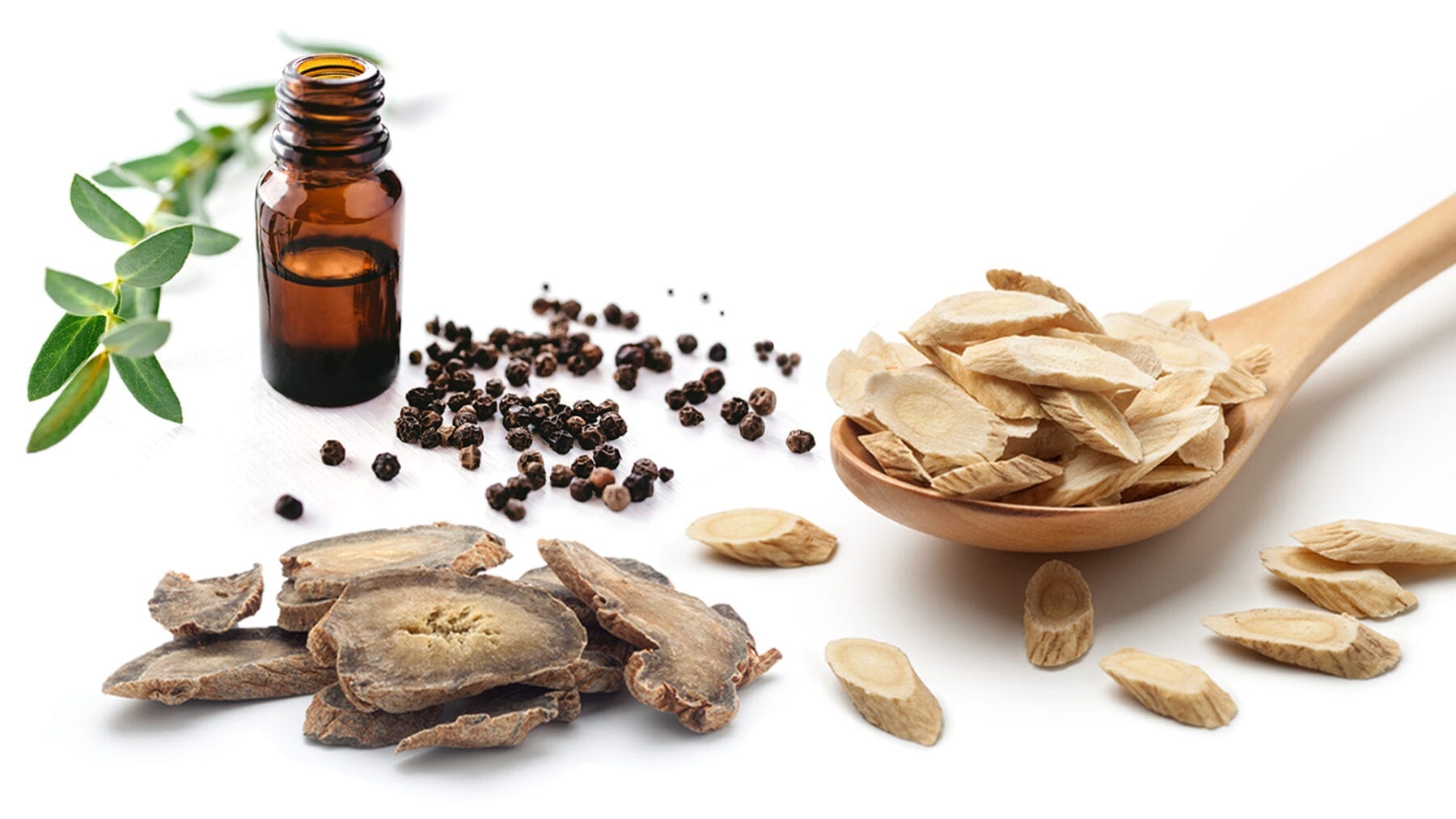
Written by Dr. Hafeez Arshad
May 3, 2021
CATEGORIES
View All
BioWOW Foods® Safety/Quality
Full-Body Workouts
Healthy Eating
Joint Health
Self-Care Strategies
Supplements Guide
Featured Videos
Best Supplements for Young Women
Women have specific nutritional needs that change throughout their lifespan. What’s more? Nutritional needs also depend on a woman’s lifestyle and overall health. Although all women do not require supplements, some need supplements to reach their recommended intake levels.
Let’s explore which supplements are required for young women (ages 18 – 29):
1.) Vitamin D
This vitamin helps your body in absorbing calcium that is crucial for bone health. However, lack of vitamin D can enhance the risk of getting ill, bone and hair loss, joint pain, osteoporosis, arthritis, and rheumatoid arthritis at a later age. The National Institute of Health (NIH) recommends taking 600 IU of vitamin D per day for young adults.
The reality is that over 40% of the young women in the United States don’t get enough vitamin D. According to health experts when it becomes hard to get vitamin D from diet and sunlight, look for this ingredient in your multivitamin supplements [1].
2.) Magnesium
Magnesium is an essential nutrient, which performs several important functions in your body. For example, regulating nerve and muscle functions, helping make bones and protein, and promoting energy production. It also calms your nervous system and eases sleep problems [2].
Most young women become magnesium deficient because they do not eat enough food that’s rich in this mineral, such as spinach, beans, and nuts. In case of severe deficiency, go for supplementation to meet your body requirements. The NIH recommends consuming 300 mg of magnesium daily.
3.) B Complex Vitamins
Water-soluble B vitamins are important for young women’s health. These vitamins are best known for their role in growth, development, promoting brain function, and energy production. You can get these vitamins from several food sources such as eggs, milk, cheese, whole grains, and fish [3].
Try to include these foods in your diet. In case of deficiency, go for supplementation after your dietitian’s approval. The health experts suggest taking 1 to 2 mcg of B vitamins per day.
4.) Calcium
More than 40% of U.S. adults do not get an adequate amount of calcium in their diets. This means they are not getting the mineral that is vital for their teeth and bone health. Especially in women, lack of calcium increases the risk of several bone problems later, such as osteoporosis and bone fractures [4].
The NIH recommends taking 1000 mcg of calcium daily to fulfill the body’s needs for calcium. Dietitians suggest consuming calcium supplements in the form of calcium citrate because this form optimizes the bioavailability of calcium in your body.
Take Away
At a young age, your body needs extra nutrients to grow and develop well. So, supplement your diet with all essential nutrients such as vitamin D, calcium, magnesium, and B complex vitamins to maintain your overall health and wellbeing. Remember always look for supplements that are all-natural and contain 100% standardized extracts to prevent unwanted side effects.
—
References:
1.) Gallagher, J.C., Jindal, P.S. and Smith, L.M., 2014. Vitamin D does not increase calcium absorption in young women: a randomized clinical trial. Journal of Bone and Mineral Research, 29(5), pp.1081-1087.
2.) Vormann, J., 2003. Magnesium: nutrition and metabolism. Molecular aspects of medicine, 24(1-3), pp.27-37.
3.) Gonçalves, A.C. and Portari, G.V., 2021. The B-complex vitamins related to energy metabolism and their role in exercise performance: A narrative review. Science & Sports.
4.) Teegarden, D., Lyle, R.M., McCabe, G.P., McCabe, L.D., Proulx, W.R., Michon, K., Knight, A.P., Johnston, C.C. and Weaver, C.M., 1998. Dietary calcium, protein, and phosphorus are related to bone mineral density and content in young women. The American journal of clinical nutrition, 68(3), pp.749-754.




